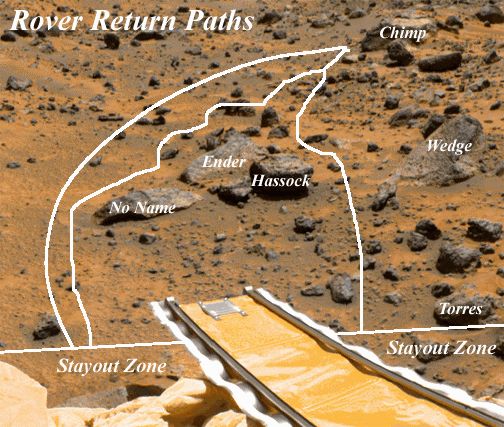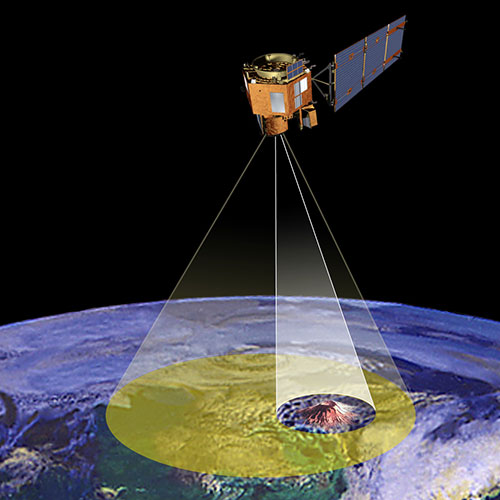Space exploration involves spacecraft operating in harsh and unforgiving environments.
JPL is pioneering resilient, self-aware, and autonomous systems able to weigh risk and make decisions on the spot to ensure that tomorrow’s missions are a success.

System-Level Autonomy
Technologies such as perception prediction, system-heath assessment, and risk-awareness enable on-board decisions and choosing actions with consideration of uncertainty in knowledge of self and the environment. Using probabilistic reasoning across subsystems, the system can arrive at decisions that meet user-specified safety criteria.

Autonomous Robots
Autonomous navigation and manipulation technologies enable efficient and reliable access to targets of scientific interests on planetary surfaces. Using advances in sensing, perception, estimation, learning, reasoning, mobility, and manipulation, robots are able to perceive and classify terrains, assess hazards, plan safe trajectories, reach targets of interest, and improve performance by learning from past experiences.

Autonomous Sciencecraft
Autonomy software technologies enable operations analysis to optimize spacecraft and mission design (trajectory, coverage, spacecraft design, particularly for constellations/swarms), as well as enable onboard data analysis and response (scheduling and execution) for novel science and in-situ exploration of unknown, unpredictable environments.